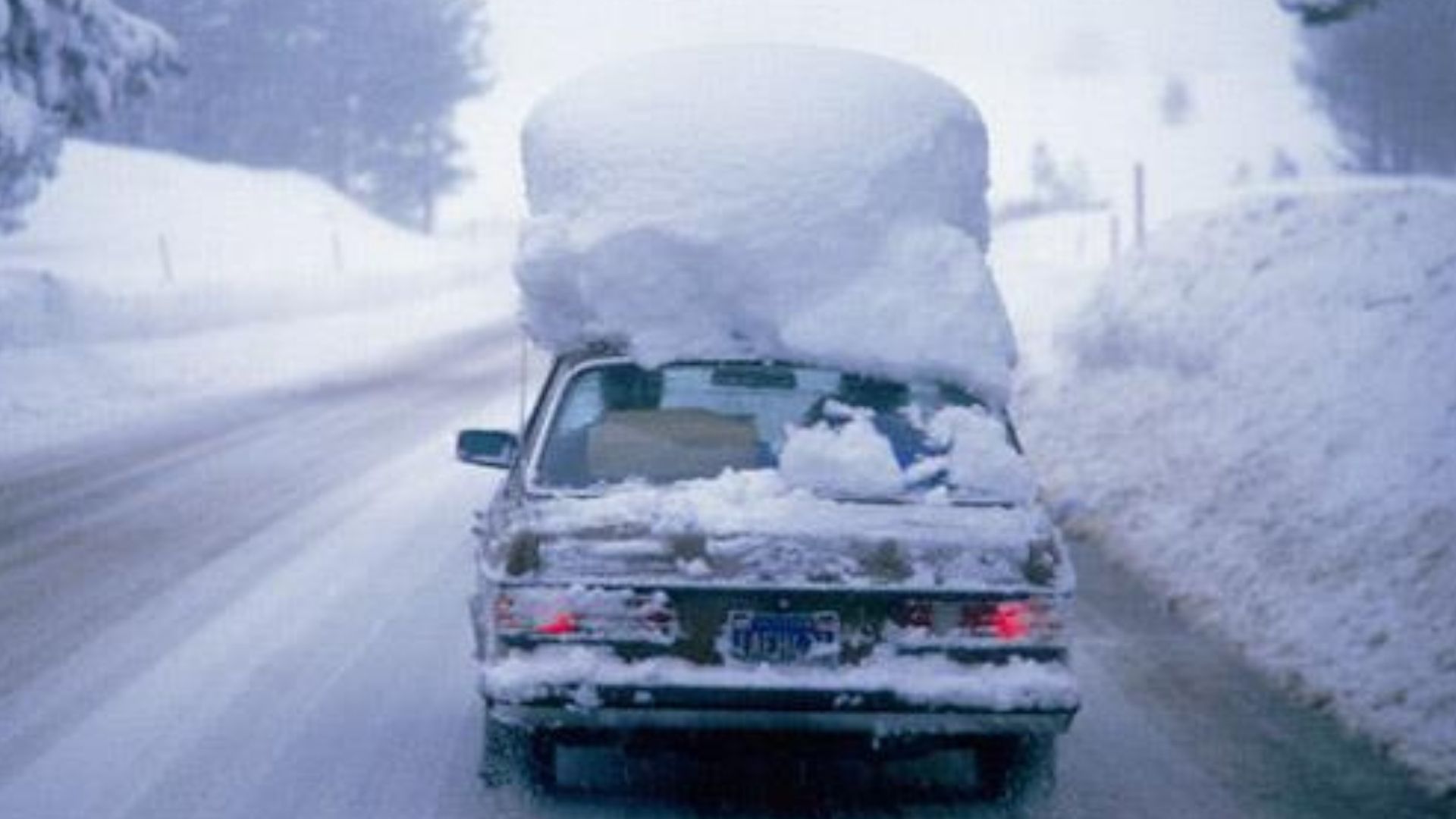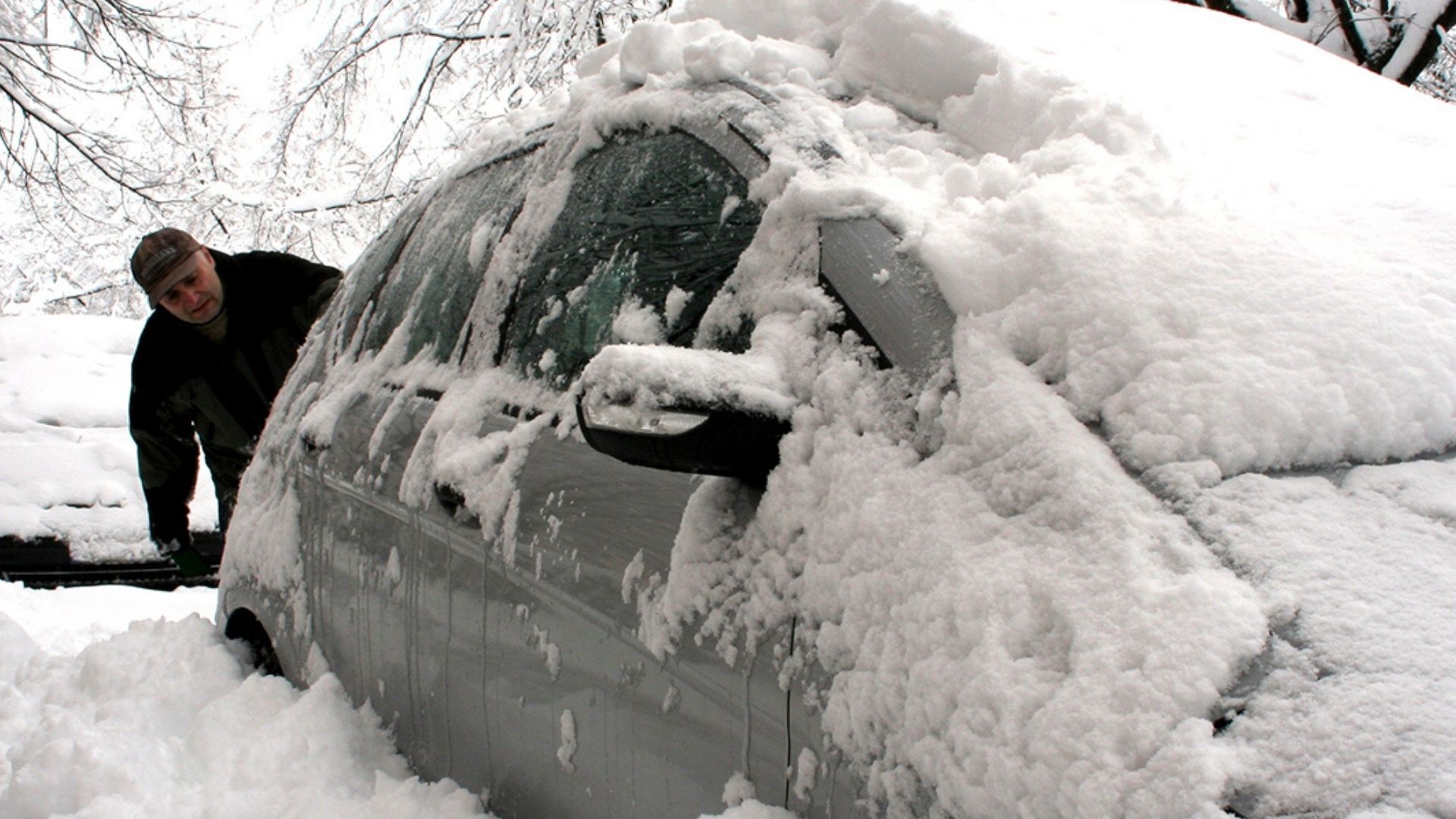Do as you’re told, scofflaw!
If you’re lucky enough to live where snow falls and ice forms on your car parked outside, you need to be careful about warming it up in the mornings. Depending on where you live, the act of warming up your car before you get inside and drive off could be a violation of city code or even state law, with stiff penalties for violators. That might sound ridiculous because it absolutely is, so time to wake up and smell the government overreach.
Learn why your new car might come with a government kill switch here.
For a lot of drivers, the act of warming up the engine in their car is one of comfort, allowing the heater to warm the interior before they take off. Others use it as a way to help clear the ice and fog from the glass before they get going on the open road. But for others, it’s a way to avoid costly engine damage.

When it comes to older cars, warming up the engine is a must before you even think of putting it under load. After all, a cold carb won’t get the air/fuel mix correct, brittle valve springs can fail when too cold, and oil starvation is a very real concern once temperatures plummet, to name a few potential winter pitfalls. Some lawmakers and city bureaucrats don’t seem to understand this reality, so don’t necessarily expect leniency if you do drive an older car in snowy conditions.
The laws and ordinances regarding warming up cars can vary wildly from place to place. In some areas you can warm up your car if it’s in a private driveway. Some municipalities allow for idling a car without the owner being anywhere nearby if it’s done using remote start. In others you can warm it up if you’re actually inside the vehicle, or if you’re within eyesight of it. Others put a time limit on idling a car when not sitting at a traffic light, some providing as little as one minute to put it in gear and get moving. In other words, you need to check your local laws and ordinances if you’re concerned about getting a ticket for warming up your car on cold winter mornings.

Just because there’s a law or ordinance where you live doesn’t mean the police or anyone else is going to cite you for violating it. As pointed out by KSL News Radio in Utah a few years ago, only 8 people had been fined under local cities’ idle-free ordinances, which had been in effect for 6 years. In other words, if the police and city code enforcement officers where you live aren’t gung ho about enforcing the car idling ordinances/laws, and you don’t have a nosy neighbor who has it in for you, most likely you’re in the clear.
Source: KSL News Radio
Images via Facebook






